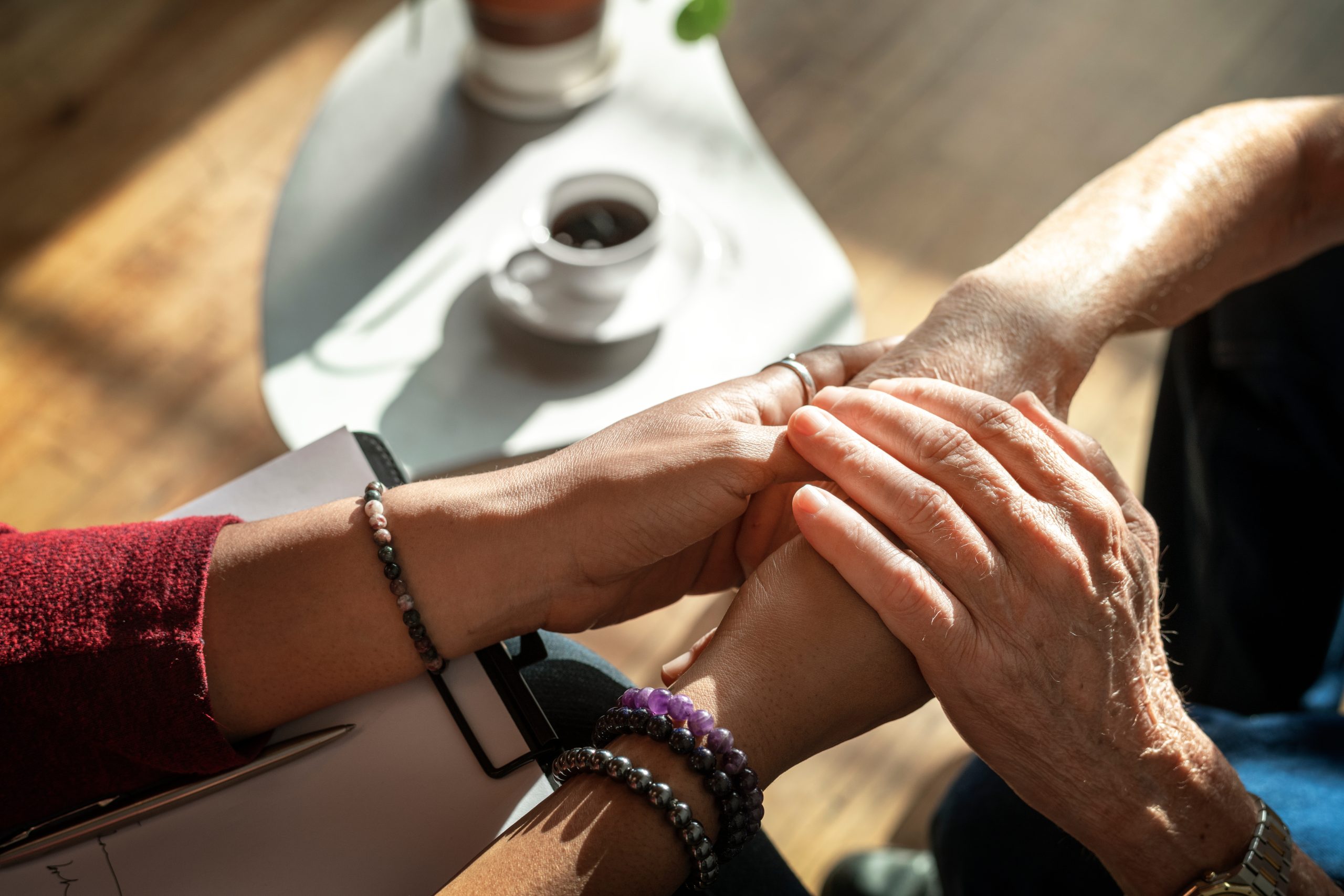
Trust Takes Time: lessons for VCSE organisations partnering with the NHS
blog | 04 Apr 2022
Learnings from The National Lottery Community Fund Health Equality programme and Generation Medics’ NHS partnership
Over the past nine months, Innovation Unit has been supporting 14 voluntary and community sector organisations to establish place-based partnerships with NHS organisations focused on combating health inequalities. Using a share of £700,000, made possible thanks to National Lottery players, these partnerships have the potential to bring about significant change, promoting the role of the voluntary sector and the value of cross-sector partnerships.
As part of our work for the Health Equality programme, we’ve hosted a range of events including Opportunities ahead: health anchors and the VCSE sector. The event showcased voluntary-statutory partnerships including:
- Tower Hamlets Council for Voluntary Services (THCVS) in partnership with the Women’s Inclusive Team representing the Tower Hamlets Health Equality Development Grantee. They are establishing local partnerships to improve communication between General Practitioners and the communities they serve.
- Generation Medics, a multi-award-winning social enterprise which has officially partnered with NHS England to help students, practitioners, teachers and parents get advice on healthcare careers through interactive workshops and support from experts.
Building trust emerged as central to the approach of both partnerships and in this blog we explore what trust really means and how it can be built – and it’s also one of six insights from Top Tips for Engaging and Working With the NHS, a resource featuring crowdsourced learning from 14 local partnerships across the programme.
At the event, Generation Medics and THCVS spoke about the importance of investing time in key relationships, both with local beneficiaries and NHS partners. Tower Hamlets’ work is currently focused on local Somali women and how they experience healthcare. They link much of their success with their partnership with the Women’s Inclusive Team, a local voluntary organisation who has deep existing relationships within this community. In terms of NHS relationships, the partnership invests time into building relationships at GP level than higher levels in ICSs where there is more movement of personnel. Trust has been strengthened through open communication and feedback loops: the Somali women are in direct contact with the GPs so they can hear first-hand why changes sometimes take longer to happen than they would like.
Being a reliable partner and investing time in key relationships has likewise been central to the approach of Dr Hinnah Rafique from Generation Medics. Dr Rafique works with the NHS both locally and nationally to nurture a health and care workforce that better represents communities. She offers the following advice to others from the VCSE sector looking to engage with the NHS:
- Respect each other’s time. A partnership means appreciating and acknowledging the time it takes for each partner to invest in the professional relationship. Consider the most effective forms of communication and information sharing channels. Together with Health Anchors in Essex, Generation Medics leveraged the power of joint social media channels (e.g. Twitter) to help them engage communities and stakeholders, promote their partnership work and communicate progress. This allowed them to share their work widely, accessing a varied audience to build momentum.
- Partnerships require investment on both sides. As a VCFSE (voluntary, community, faith and social enterprise) organisation it’s really important not to underestimate the amount of investment (e.g. time and resources) to develop and nurture successful partnerships. Generation Medics hold regular meetings with partners to brief, problem-solve and strategise together. This has resulted in a resilient, fortified programme delivery strategy.
- Spend time getting to know each other. Take the time to build a rapport with the organisation as this will help to nurture relationships. Generation Medics make a point to know and build relationships with their partners, including their beneficiaries, their working patterns, priorities, workloads and ensure their missions are aligned. This has led to a successful, approachable line of communication between their organisation and others. Generation Medics shared resources with their partners for the benefit of each of their missions and impact.
- Recognise that each organisation works differently. Adjust to different working strategies, patterns and time frames and embrace flexibility. Generation Medics has often had to adjust their focus based on the needs and time frames of their partners. This has built trust and cooperation between organisations, and enabled them to meet tight deadlines.
As our work with Dr Hinnah Rafique and the 14 local partnerships has revealed, investing time in relationships is key to effective partnerships. For more on this subject, download the full Top Tips resource and more resources from the Health Equality programme and information about grantees’ projects.
Co-authored by Savannah Fishel, Innovation Unit and Dr Hinnah Rafique, Generation Medics